This, he added, is one of the key stakes of the upcoming election. If the Tisza Party — which belongs to the European People’s Party — were to take power in Hungary, they would have no choice but to obey Brussels’ demands. Their leader is already compromised, and Brussels would easily force them to send Hungarian troops, weapons, and funds to support the European war agenda. Meanwhile, Ukrainian President Volodymyr Zelensky has declared that he expects Europe to continue supporting both the fighting and the running of his country for “two to three more years.”
Szijjarto described how,
every month, I hear Ukraine’s Foreign Minister “not politely request, but outright demand” more money and resources — as if Europe should feel honored to hand them over.
“It’s absurd,” he said. “Ukraine behaves as though it alone is guaranteeing Europe’s security — when in truth, the war itself is the biggest threat to Europe’s security.
When Will the Budapest Peace Summit Take Place?
According to Minister Szijjarto, recent developments have made one thing clear: peace in Ukraine is impossible without an American–Russian agreement. For that, he said, “there must first be high-level dialogue between the two sides — because if the two presidents don’t talk, there will certainly be no deal.”
That’s why,” he continued, “we welcomed the news that the Russian and U.S. Presidents have begun talks. That was the first step. The second is that they have expressed willingness to hold an in-person summit. And third, they have agreed that the meeting would take place in Budapest. This is the order of events we are looking at. Hungary has made clear to all parties that it is ready to provide all necessary conditions to host the summit — so that the presidents of the United States and Russia can meet and reach an agreement that could finally bring peace back to Ukraine, and to Central Europe as a whole.
The minister also called it “good news” that both the U.S. and Russian foreign ministers had recently reaffirmed their intention to keep the peace summit on the agenda. “Preparations are ongoing,” Szijjarto said, adding that the key question now is timing: both sides want the event to produce results — a real agreement, not just a photo op.
But, of course,” he added pointedly, “a peace summit doesn’t fit into Brussels’ pro-war strategy. And it’s not because it would be held in Budapest — but because it could actually lead to peace. And that’s exactly what they don’t want to see.
Viktor Orban Meets Pope Leo XIV — While the Left Pushes Fake News
FM Szijjarto also referred to Prime Minister Viktor Orban’s recent meeting with Pope Leo XIV in the Vatican. “At the very same time,” he said, “left-wing Italian newspapers began spreading fake news, trying to drive a wedge between President Trump and Prime Minister Orban.”
Let’s be clear,” he said, “the European liberal mainstream has one goal — to turn Donald Trump and Viktor Orban against each other.
The Minister also noted
They simply can’t stand the fact that when Donald Trump wants to speak with someone in Europe, his first choice is always Viktor Orban. They can’t process it. So they try to stir up confusion and fake stories to undermine that partnership — but it’s not working.
U.S. Sanctions and Energy Security
Turning to U.S. sanctions, the Hungarian Foreign Minister confirmed that the American government has indeed decided to impose new measures that would take effect toward the end of November — targeting Russian oil companies. “Obviously,” he said, “that would affect energy supplies in Central Europe, including Hungary. So it’s only natural that such a matter would be discussed between our two countries’ leaders.”
He confirmed that Prime Minister Orban and President Trump are scheduled to meet in the second half of next week.
Energy cooperation will be a key part of the talks,” he noted. “The major economic cooperation package being developed between our countries relies heavily on energy cooperation — including its nuclear dimension, and of course, the regulation of fossil fuels. There’s really nothing unusual here,” he said. “Trump and Orban talk regularly — this time, they’ll do it face to face.
He added that preparations for the meeting were already well underway, and mentioned that his own talks with Secretary of State Marco Rubio in Washington focused largely on the same issues: the upcoming peace summit and the details of the U.S.–Hungarian cooperation package. “Our economic and energy relations are on an upward path,” he said. “This major cooperation package will be one of the most important results of the meeting, I hope.”
The Truth About Russian Energy in the West
Szijjarto also criticized Western hypocrisy over Russian energy. “The level of deceit in Western Europe when it comes to Russian energy is beyond belief,” he said. “In reality, Russia’s oil exports haven’t fallen much at all — only their direction, or rather their route has changed.
Today, Russian oil and gas still flow into Europe, just through longer and more expensive routes. Western governments lie shamelessly, claiming they’ve freed themselves from Russian energy — while in truth, they import it in massive quantities through third countries,
he pointed out.
He pointed out that last year, Europe’s imports of Russian liquefied natural gas reached a historic record. “Never before has so much Russian LNG arrived in Europe,” he said. Show host Balazs Nemeth pointed to the crude oil dispute between the refinery in Bratislava and Croatia's Janaf supply company over amounts provided.
Szijjarto also agreed about the mainstream's growing push for shifting reliance on Croatia for oil deliveries, noting:
some journalists — particularly those pushing for Hungary to rely solely on Croatian routes — might have their own undisclosed interests. If someone loudly takes the side of one particular business player in an energy security dispute, you have to wonder why,
he remarked dryly.
He called Croatia’s technical explanations “absurd,” describing how they claimed oil couldn’t be pumped to Hungary due to a “ceased flow” in their pipeline leading to Serbia (due to the enactment of sanctions) which acts as a "stopper". “So because the line to Serbia is empty, they say oil just flows the other way — and now they’re trying to force us to buy even more oil just to create pressure in the pipeline."
Szijjarto continued:
So imagine: when they can't solve technical problems such as sending 40,000 tons of crude oil due to a missing 'plug' or pressure in the system, they want Hungary's oil supply to rely exclusively on this pipeline. Well, that's laughable,
Szijjarto said.
The Train Carrying Hungarian Soccer Fans
The FM also recounted the recent incident involving a train transporting Hungarian football fans to Austria.
The train reached the border,” he said, “but the Austrians suddenly decided it couldn’t proceed without Hungarian police escort — even though earlier they’d said no such thing was needed. After a quick round of coordination, Hungarian authorities arranged everything within half an hour. Then the Austrians changed the rules again — they ordered everyone off the train, 500 people, eight rail cars, so that Hungarian police could recheck them one by one. After that, the Austrians claimed they were waiting for approval from their Interior Ministry. In the meantime I was in continuous communication with that ministry.
"And then they simply disappeared. The police, the rail workers — all gone,” Szijjarto said, adding that all the while the official information he was receiving from the Austrian Foreign Ministry was that the government has nothing to do with the incident, that it was the independent decision of the rail company. “We then had to pull the train back into Hungary so the fans could at least get home and watch the match.”
At the end of the interview, Szijjarto laughed about a lighter topic — his recent help arranging an interview between the Hungarian Ultrahang YouTube channel and Russian Foreign Minister Sergey Lavrov. “They asked if I could help set it up. I said I’d ask. I did, they agreed, and it happened. I’m glad it worked out — finally a Hungarian YouTube channel with some success,” he said with a smile.
They are sure to get a lot of views — and consequently some ad revenue - great!
he added.
Cover photo: Peter Szijjarto, Hungary's Minister of Foreign Affairs and Trade, speaks at the inauguration ceremony of Shinheung SEC EU Ltd.’s new investment in Monor, October 17, 2025. (Photo: MTI / Noemi Bruzak)
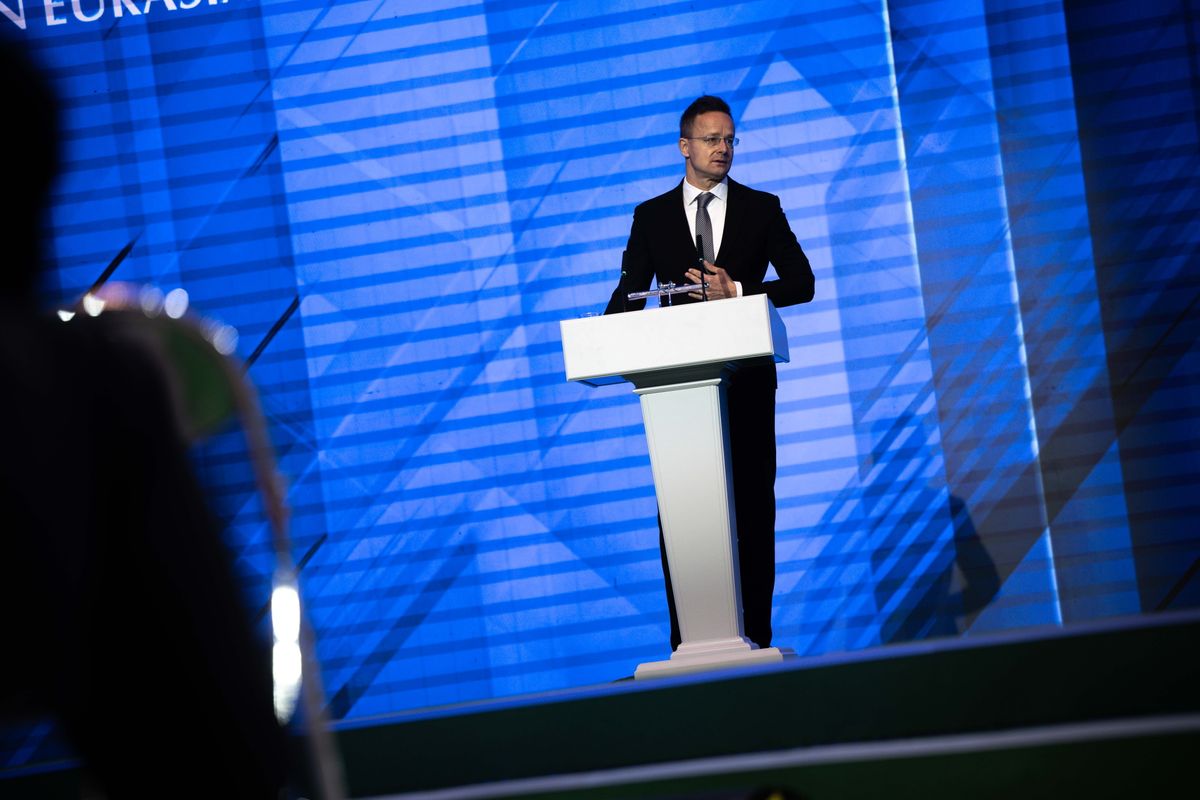
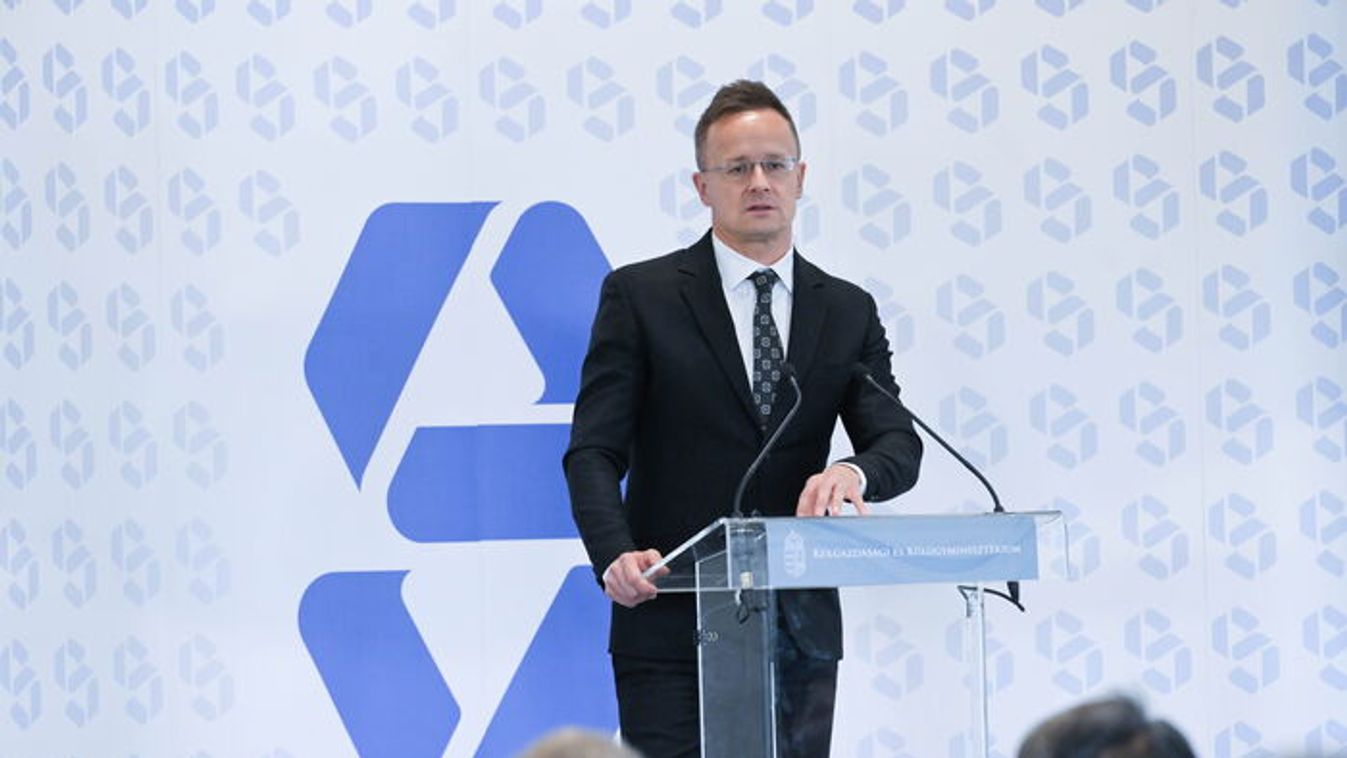
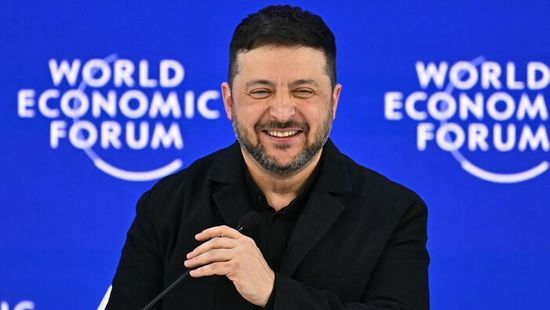
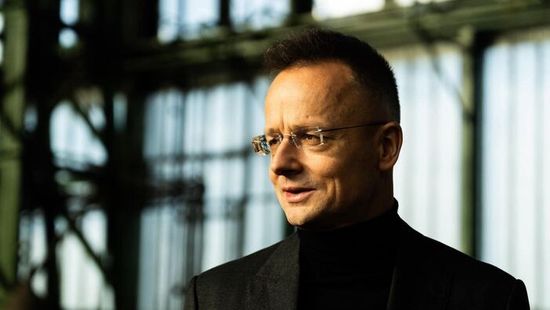
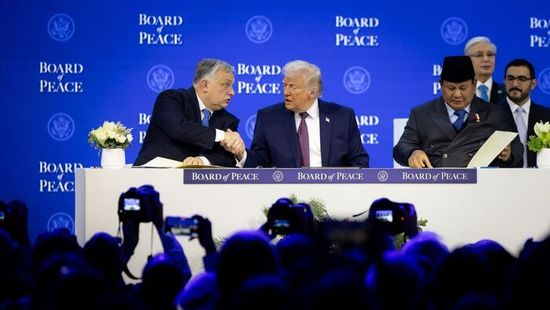
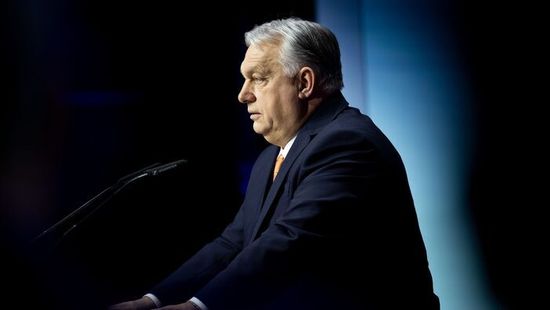

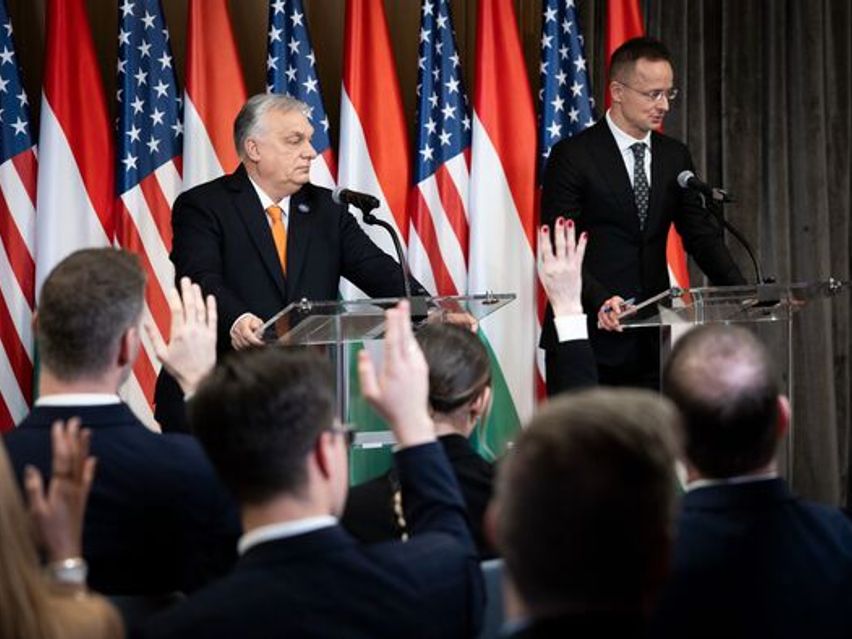

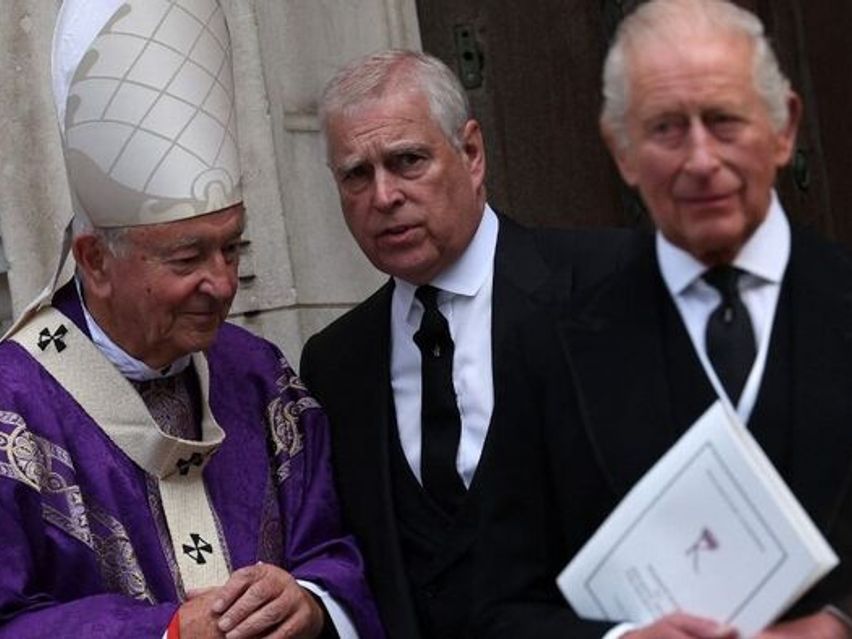
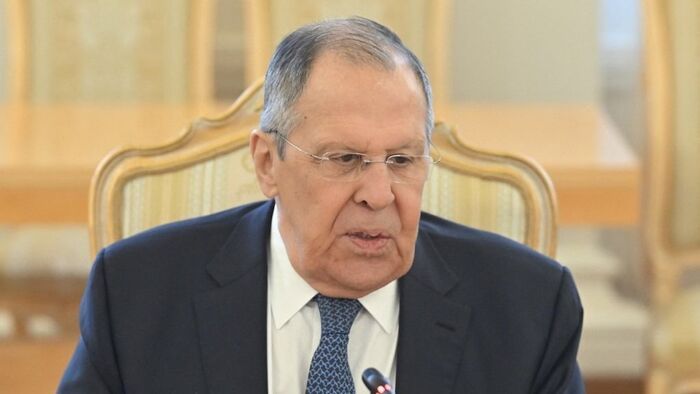


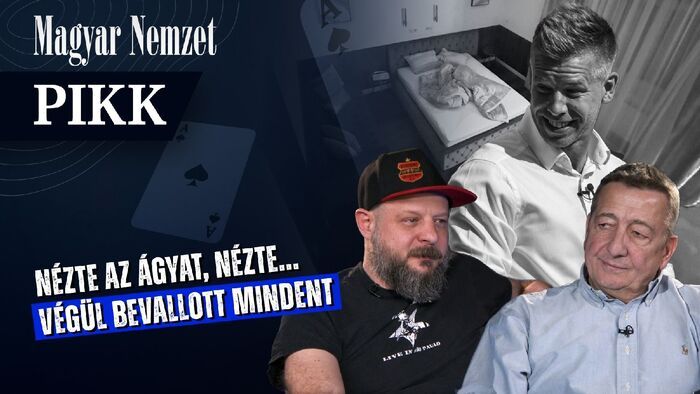
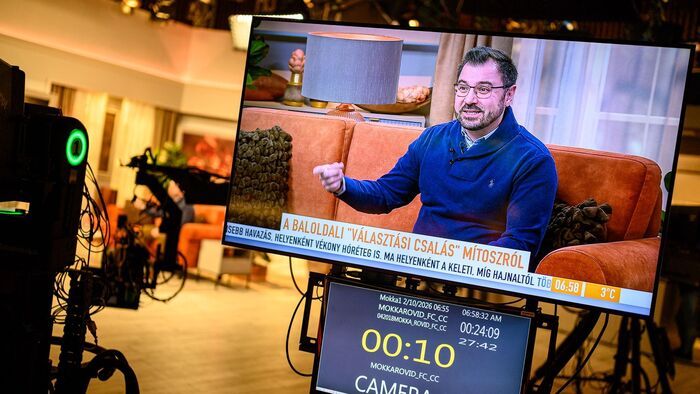
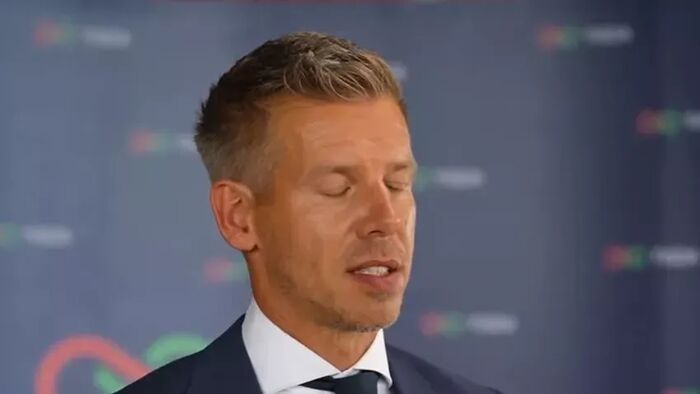
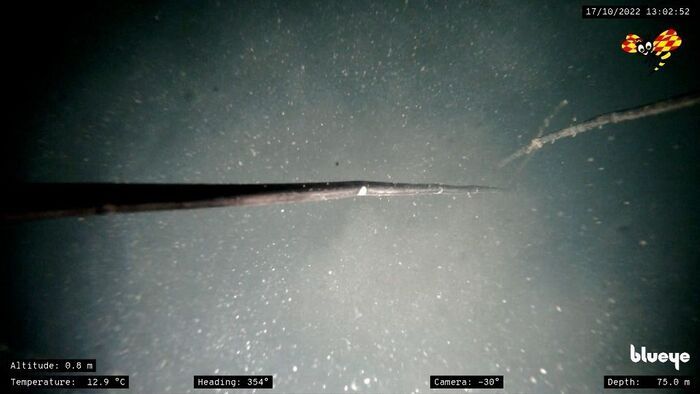
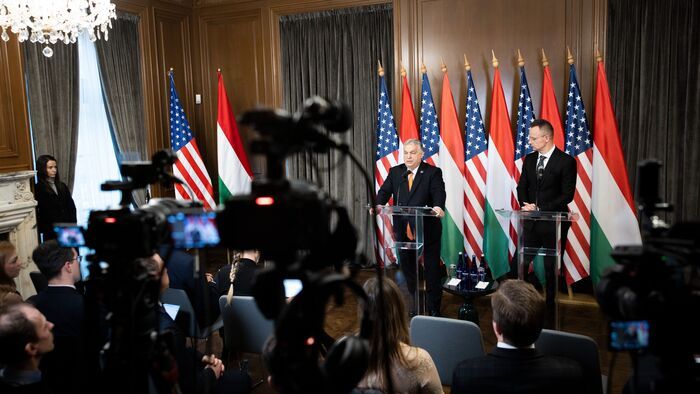
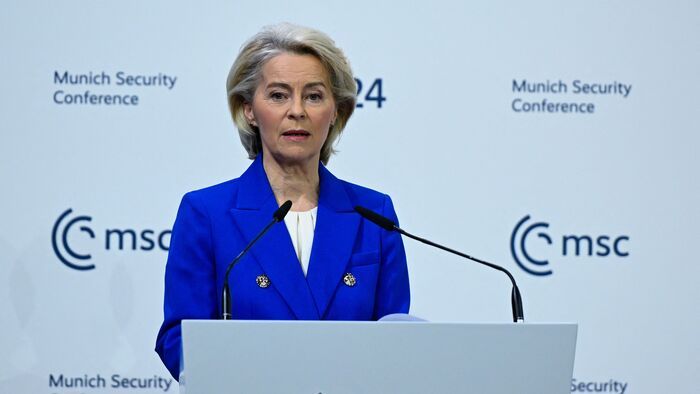

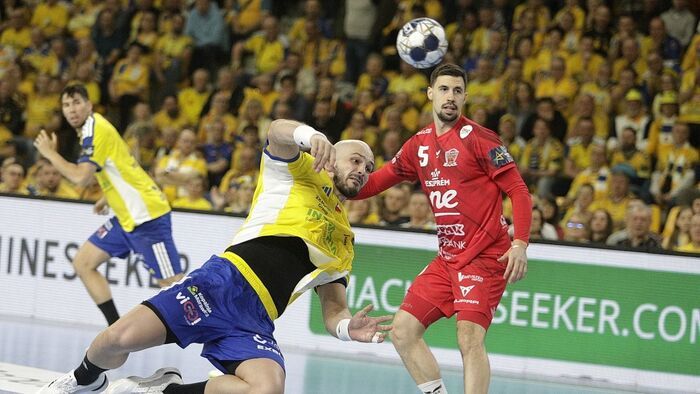
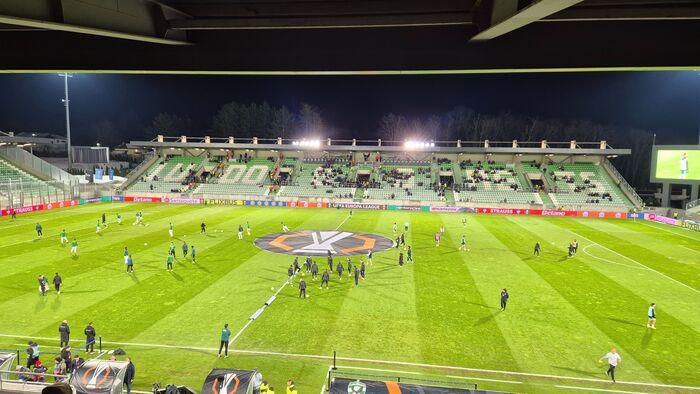


Szóljon hozzá!
Jelenleg csak a hozzászólások egy kis részét látja. Hozzászóláshoz és a további kommentek megtekintéséhez lépjen be, vagy regisztráljon!